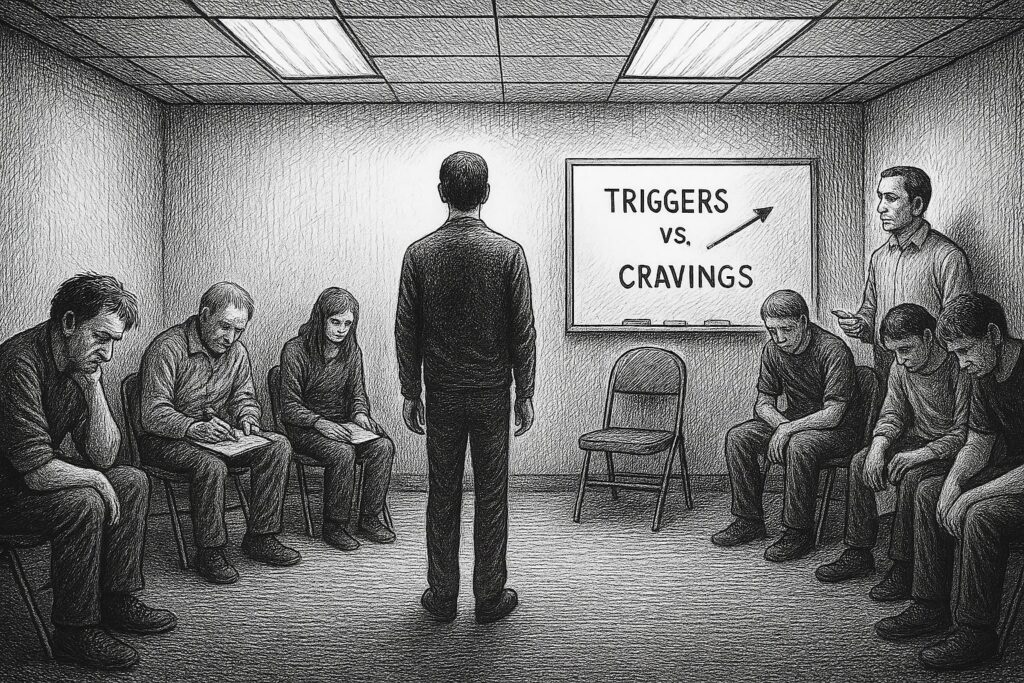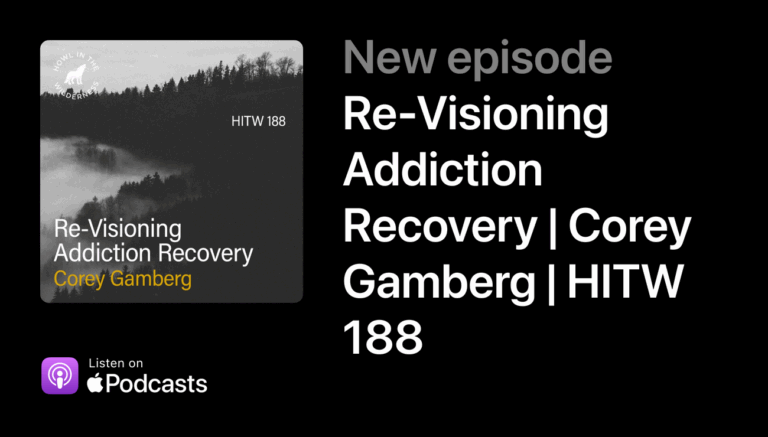It happened during the third week of treatment.
Group therapy. Fluorescent lights. The counselor was sketching a model on the whiteboard: “Triggers vs. Cravings.” A few people doodled in their worksheets. Others stared off, numb.
Then he stood up.
No drama. No outburst. He just stood and said:
“This isn’t recovery. This is forgetting.”
The room fell quiet.
“They tell us to manage our triggers, track our behaviors, avoid high-risk situations. But no one’s asking why our souls are in pain. No one’s asking what story we’re stuck inside. No one’s talking about the rage, the loneliness, the hunger for something we don’t have words for.”
Someone shifted in their seat. The counselor asked him to sit down.
But he didn’t.
“I don’t want coping skills. I want meaning. I don’t want to numb my cravings—I want to understand them. I want to know why I feel like part of me died long before I ever used.”
He paused. Not angry. Not arrogant. Just tired.
“What if our addiction isn’t the disease—it’s the symptom? What if the real issue is that we’ve lost contact with soul? That we’ve forgotten how to descend into the parts of us that are still aching?”
Another client muttered, “He’s off his meds again.” But one woman—quiet, hollow-eyed—leaned forward and whispered, “I know what he means.”
He didn’t stay long. Left that afternoon.
But from that day on, a few of them started meeting outside at dusk. No worksheets. No rules. Just stories. Dreams. Questions. They didn’t know what to call it—but it felt closer to what they thought recovery was supposed to be.




